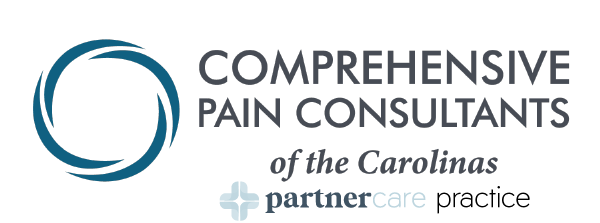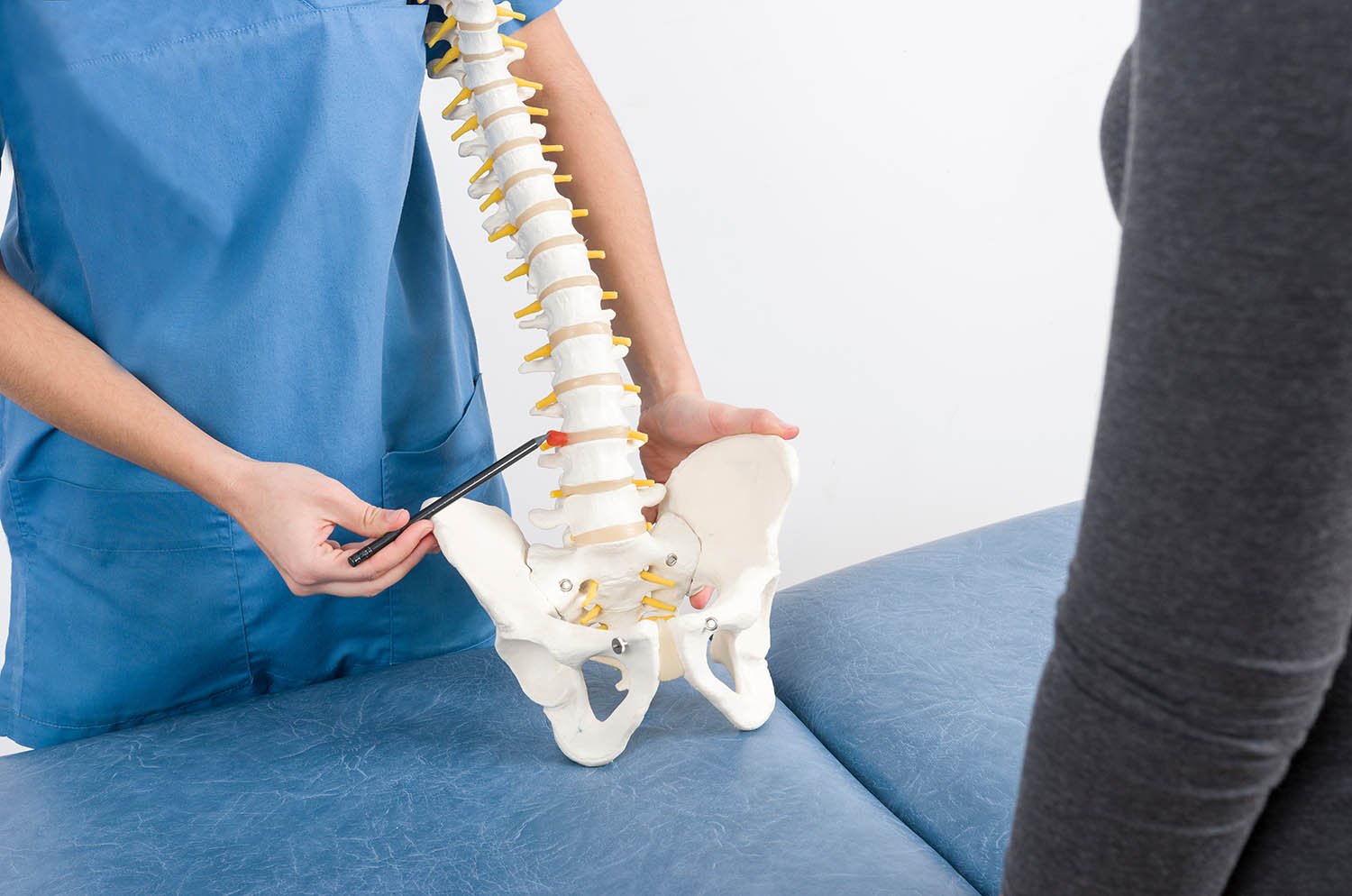Our Pain Psychologists spend a significant amount of time with each patient helping them understand the connection pain makes between the body and the brain.
Read MoreAs the end of the year is rapidly approaching, it is important to review your health insurance benefits to ensure you do not lose out on low-cost treatments. If you’ve already met your deductible, now is the perfect time to schedule an appointment for anything you have been putting off as medical costs are lower, and deductibles restart in January.
Read MoreSciatica refers to a combination of painful symptoms that occur in your lower back and travel along your sciatic nerve, causing numbness, weakness, or tingling pain down your leg.
Read MoreBack pain is one of the most prevalent medical problems in the United States and is something that most people will experience during some stage in their lives. In fact, eight in ten Americans will face some type of back pain in their lifetime. Not only is back pain one of the most common reasons for missing work, it also interferes with everyday living activities.
Read MoreWhen it comes to supporting a loved one with their chronic pain, a little bit of understanding goes a long way. And, since each person’s pain is unique, this can mean different things to different people.
Read MoreA vertebral compression fracture can also be referred to as a spinal compression fracture. It is a fracture that can happen when the bones of the spine break due to trauma.
Read MoreIt is common to see chronic pain conditions aggravated while at work and in the evenings following the workday. This is mostly due to the long, repetitive hours of consistently poor body mechanics.
Read MoreThe Superion InterSpinous Spacer (also known as the Superion Spacer) is a fully reversible, minimally invasive procedure to treat spinal stenosis.
Read MoreSports injuries can cause havoc on your active lifestyle. However, many injuries and the associated pain can be easily treated with non-surgical modalities. From muscle sprains to joint arthritis, our doctors want to get you moving!
Read MoreIf you have been experiencing shoulder pain for three or more consecutive months, your pain can be considered “chronic.” If you haven’t sought out help yet, that would be a good time to schedule a consultation
Read MoreEpidural steroid injections of the cervical spine is a treatment specifically designed to treat the pain of an inflamed nerve in the cervical spine (neck) area.
Read MorePain from shingles can be terrible at the beginning and may also continue to cause pain long after the rashes go away. There are several treatment options available to treat this pain.
Read MorePsychological tests that focus on pain, problems with mood, sleep, anger, maladaptive pain beliefs, unrealistic expectations, or coping problems are commonly used in pain management.
Read MoreMigraines typically come phases or stages. It’s important for patients to know what each of those stages look like so that better preparation can be in place for each stage.
Read MorePartnerCare, a portfolio company of private equity firm Shore Capital Partners, announces its affiliation with Comprehensive Pain Consultants of the Carolinas. Comprehensive Pain Consultants, headquartered in Asheville, N.C., offers specialized pain management for patients across the Western North Carolina region
Read MoreUltrasound guided nerve blocks are a contemporary form of chronic pain management. Although the name sounds intimidating, this treatment is used frequently and is considered low-risk and effective.
Read MoreDr Edward Lewis, MD of Comprehensive Pain Consultants of the Carolinas now has 4 new clinic locations in Western North Carolina to better serve our communities. This is in addition to our 11 established clinics.
Read MoreYour doctor may recommend spinal imaging to inspect your herniated disc. More severe cases could require an epidural steroid injection or spinal cord stimulation. There is no “one size fits all” treatment
Read MoreSince May is National Mental Health Awareness Month, we felt it would be a great opportunity to share more information a very relevant topic: the relationship between stress and chronic pain. Read on to learn more!
Read MoreIt’s quite common to experience chronic face, head and/or neck pain. This is referred to as craniofacial pain. Let’s explore some basics about face and neck pain as well as common modern treatments.
Read More



















